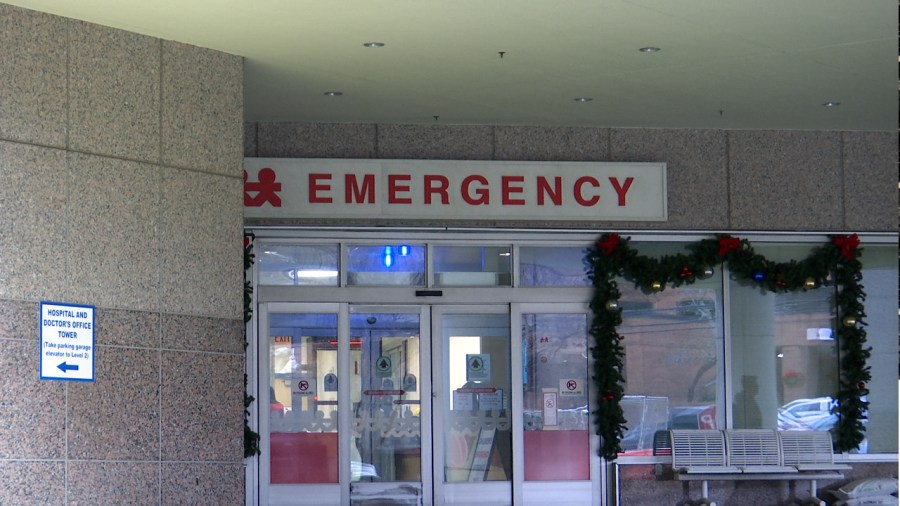NASHVILLE, Tenn. (WKRN) — Nashville doctors have spent the past couple weeks in packed hospitals where the number of people experiencing cold, flu and respiratory syncytial virus (RSV) symptoms has soared.
The U.S. Centers for Disease Control and Prevention (CDC) reported that for the week ending on Dec. 21, reports of respiratory illness with fever and a cough or sore throat were “very high” in Tennessee. News 2 spoke with some area doctors who said the rates haven’t seemed to come down, either.
Associate professor of pediatrics and pediatrics emergency physician at Monroe Carell Jr. Children’s Hospital, Dr. Marla Levine, told News 2 that the emergency department saw a sharp increase in volume in a short period of time. According to Tennessee’s Health Department, reports of flu-like illness tracked lower than last season, but higher than the 2022-2023 season or the 2021-2022 season.
“Being indoors and around a lot of people can lead to more viral spread,” VUMC professor of medicine, Dr. Todd Rice, said.
Levine told News 2 that hospitals were not anticipating high rates of cold, flu, and RSV to hit this late in the season. As children come into the hospital, Levine said they work to see patients as quickly as possible.
“We have to triage patients,” Levine said. “It’s very, very scary for parents when they have their little ones who are coming in with super high fevers. [It’s important] for parents to understand the height of the fevers is not something that makes us concerned, so long as your child is otherwise healthy and they’re not a tiny, tiny baby.”
Levine added that if you do bring your child to the emergency room, treatment will be a matter of supporting the child with more liquids and fever reducers.
“If they are starting to have difficulty breathing or if you are concerned that they are getting dehydrated, that’s where we come into play,” Levine said. “That’s where we — as pediatric ER doctors — can help the child, but so much of management of viral illness is going to be done in the home.”
At home, parents can use suction for noses and ensure kids drink plenty of fluids as hydration is key. Levine also said it’s okay if your child doesn’t eat.
With high rates remaining, News 2 asked both doctors when they estimate a decline in numbers. Levine said she wasn’t sure, but looked forward to the day when she could report a downward trendline.
“It will probably stay high for another week or two,” Rice said. “I think once we get past the new year, people kind of get back into their normal schedule.”




